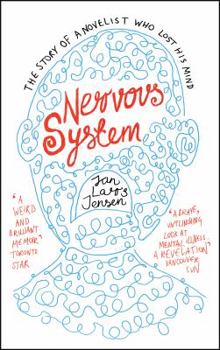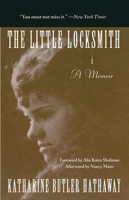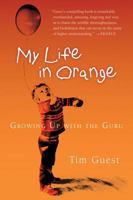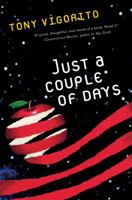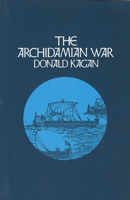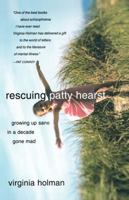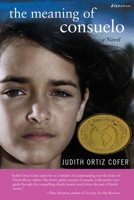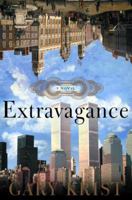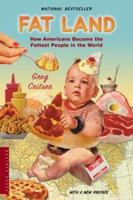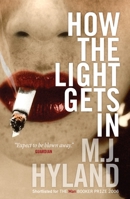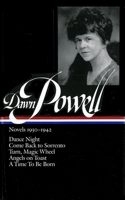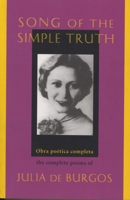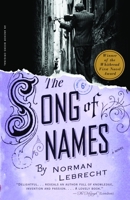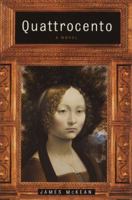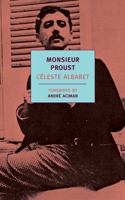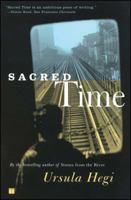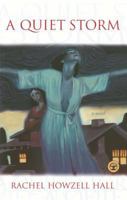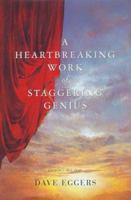Nervous System: Or, Losing My Mind in Literature
Select Format
Select Condition 
You Might Also Enjoy
Book Overview
Within the literature of madness, there has never been a memoir as wrenching and mordantly humorous as Jan Lars Jensen's Nervous System. A quiet librarian who struck publishing gold with his first novel, Jensen felt as if something had come unhinged in his mind. The rush of ideas and language felt like losing, willy-nilly, a chunk of his mental stability. But true madness didn't come until the countdown to his book's release into the world. A few months after selling his novel to a major American publisher, Jensen woke in a psych ward bed, only to find the ideas that had inspired him now roamed through waking nightmares that deranged him. Just as literature prompted Jensen's slide into paranoid obsession, so did it help him rebuild and recover. Whether he was groping to comprehend James Herriot's veterinarian stories through a haze of antipsychotic medication, deciphering his psychiatrist's references to Patrick O'Brian novels, or attempting to steer his recalcitrant mind toward sleep with a history of logging, books and writing defined Jensen's world. This memoir recounts Larsen's extraordinary experience. Terrifying yet tender, darkly humorous and deeply moving, Nervous System is a tale of literary madness like no other. This description may be from another edition of this product.
Format:Hardcover
Language:English
ISBN:0385338015
ISBN13:9780385338011
Release Date:April 2005
Publisher:Delacorte Press
Length:262 Pages
Weight:0.96 lbs.
Dimensions:0.9" x 5.8" x 8.3"
Customer Reviews
6 customer ratings | 5 reviews
Rated 5 starsTouching book with a humourous perspective
By Thriftbooks.com User,
Highly recommended! Jensen has compiled his experiences of life in a world distored by mental illness, allowing the casual reader a window into his thoughts both as he undergoes a breakdown following publication of his first book, and his own attempts later to make sense of what happened. His humourous observations frequently lighten the deeper story that will touch the nerve of anyone affected by mental illness- either personally...
1Report











